According to the Ho Chi Minh City Stock Exchange (HOSE), Vingroup Corporation (VIC) has just reported the stock trading results of a series of internal members.
Mr. Pham Nhat Quan Anh, son of billionaire Pham Nhat Vuong, successfully purchased 150,000 shares under the employee stock option program (ESOP) on December 21, with a transaction value of VND1.5 billion.
Before the transaction, Mr. Quan Anh (1993) did not hold any shares or positions at Vingroup.
On December 18, the son of billionaire Pham Nhat Vuong appeared in the media for the first time after an announcement by VinFast. The son of billionaire Pham Nhat Vuong appeared in the media as Deputy General Director of Production at the ceremony where VinFast and Marubeni Corporation announced a Memorandum of Understanding (MOU) on cooperation in reusing electric vehicle batteries towards the goal of developing a circular economy.
According to Mr. Anh Quan, VinFast cooperates with Marubeni to research and deploy clean energy solutions and smart energy storage.
Mr. Quan Anh had never appeared in the media before and was only known through billionaire Pham Nhat Vuong's story in a newspaper in 2019.
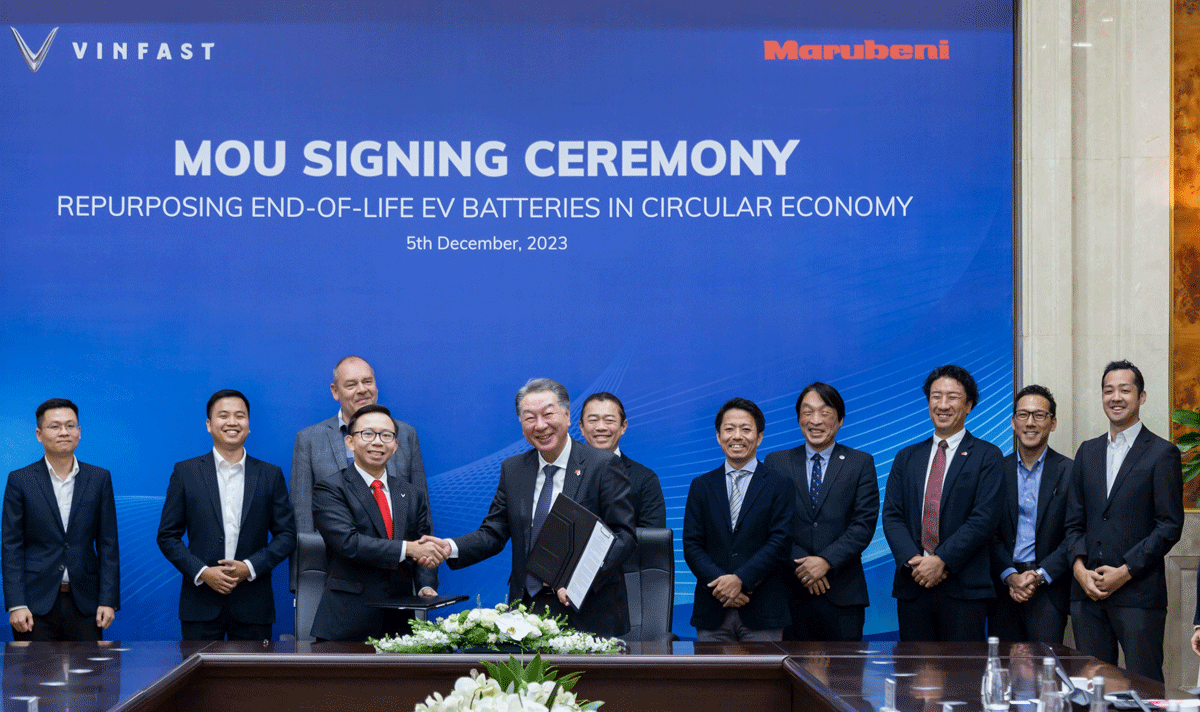
At Vingroup, Mr. Pham Nhat Vuong holds more than 691 million shares, equivalent to nearly 17.9% of the group's charter capital.
Ms. Pham Thu Huong, Vice Chairwoman of the Board of Directors (Mr. Vuong's wife) holds nearly 170 million shares, equivalent to 4.39% of capital. Ms. Pham Thu Huong bought 672,000 shares under the ESOP program.
According to Vingroup's management report, Mr. Vuong's three children, Pham Nhat Quan Anh, Pham Nhat Minh Hoang and Pham Nhat Minh Anh, as well as daughter-in-law Bui Lan Anh, do not hold any VIC shares.
In addition, some other senior leaders of Vingroup also bought ESOP shares in this period such as CEO Pham Viet Quang registered to buy 672,000 shares; Ms. Duong Thi Hoan, Deputy General Director of Vingroup bought 672,000 shares; Ms. Mai Huong Noi, Deputy General Director bought 150,000 shares,...
Previously, Vingroup announced the issuance of 9.88 million ESOP shares at a price of VND10,000/share to leaders and key managers of the group and its subsidiaries to recognize the contributions and dedication of leaders to the development of the group; encourage and motivate; enhance the role, responsibility and engagement, and retain key, high-quality personnel.
The shares will be restricted from transfer within one year from the date of completion of the issuance. The time to receive money to buy shares is within 10 days, from December 11 to December 21.
VinFast shares stabilize around $8
After a period of strong fluctuations, VinFast (VFS) shares have recently stabilized around $8/share on the US Nasdaq Stock Market.
With this price, VinFast has a capitalization of 18.9 billion USD, ranking 24th among car manufacturers in the world and 5th among electric car manufacturers, after Tesla (809 billion USD as of the evening of December 25), BYD (77.4 billion USD), Li Auto (33.3 billion USD), Rivian (22.6 billion USD).
In the third quarter of 2023, VinFast recorded total revenue of 342.7 million USD, an increase of 159.3% over the same period and an increase of 3.8% compared to the second quarter of 2023. Of which, money from car sales reached 319.5 million USD, an increase of 185.2% over the same period and an increase of 2.8% compared to the previous quarter.
In Q3/2023, VinFast delivered 10,027 electric cars, compared to 9,535 in Q2/2023 and 153 in Q3/2022. VinFast also delivered 28,220 electric motorbikes, compared to 10,182 in Q2/2023 and 13,253 in Q3/2022.
Regarding future development orientation, VinFast plans to develop business in at least 50 new markets globally by the end of 2024.
VinFast also informed about the plan to build an assembly plant in India with a total investment of about 150-200 million USD, with a phase 1 capacity of 50,000 vehicles/year.
Previously, on July 28, VinFast started construction of an electric vehicle factory in the Triangle Innovation Point industrial park, Chatham County, North Carolina (USA) with an expected capacity of 150,000 vehicles/year in phase 1.
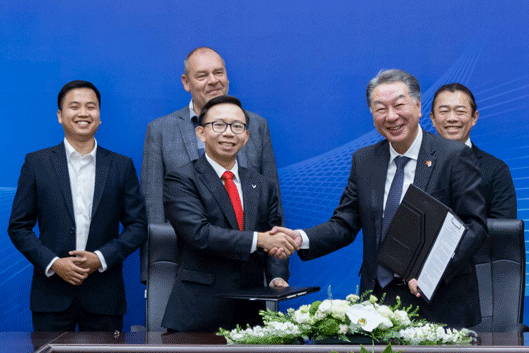
Source










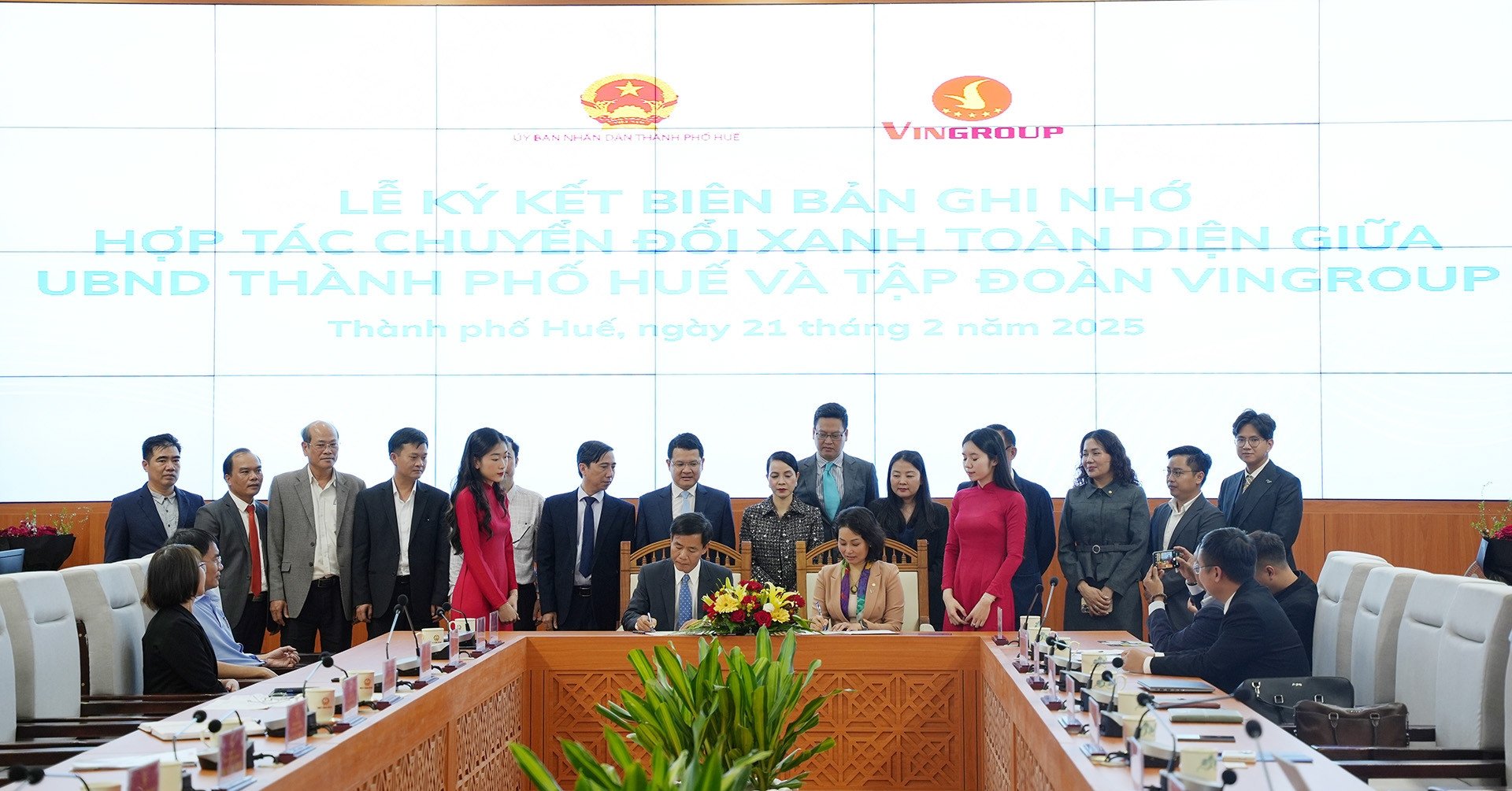


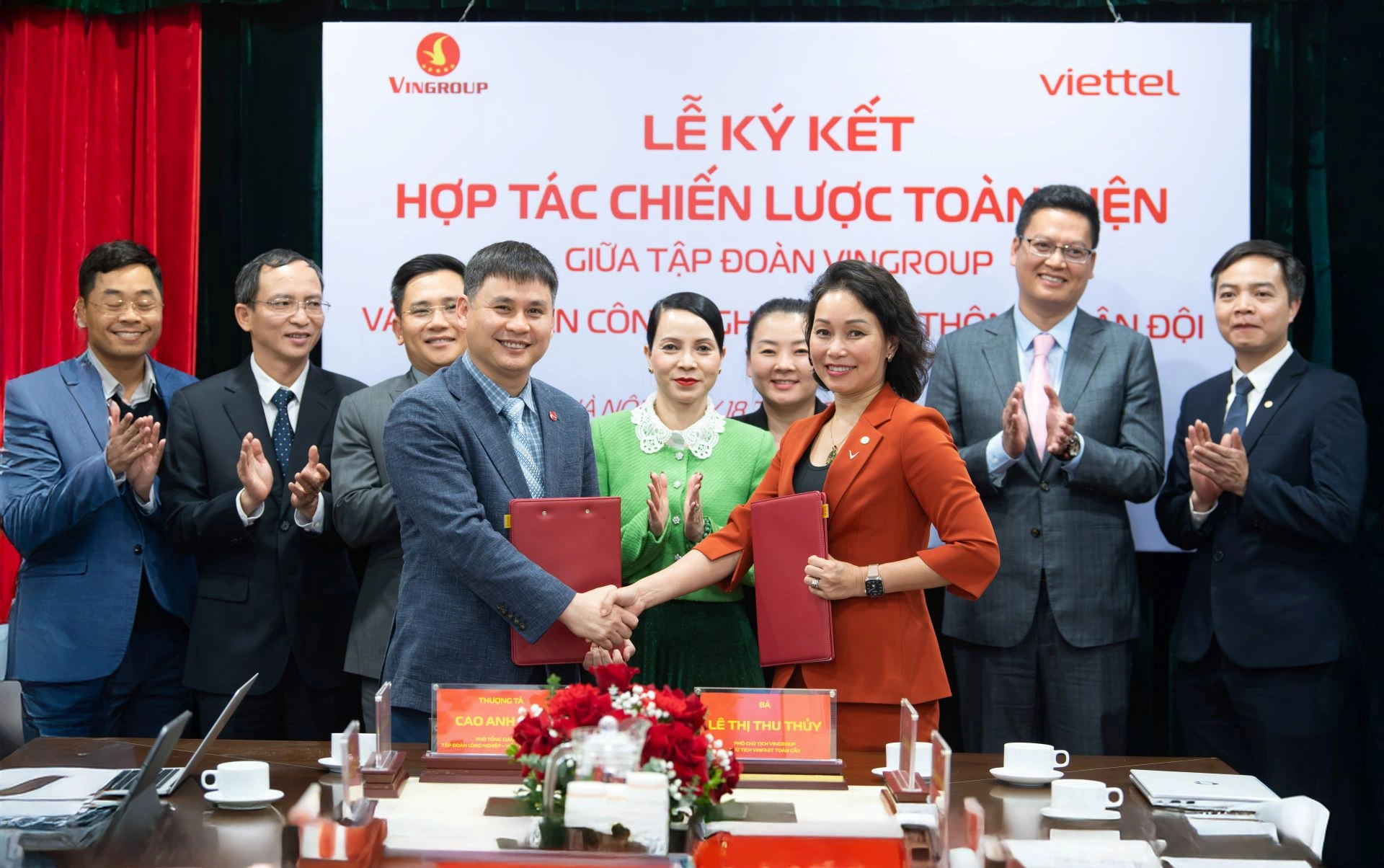

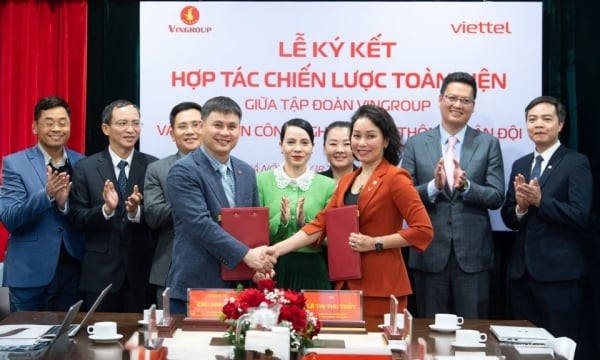

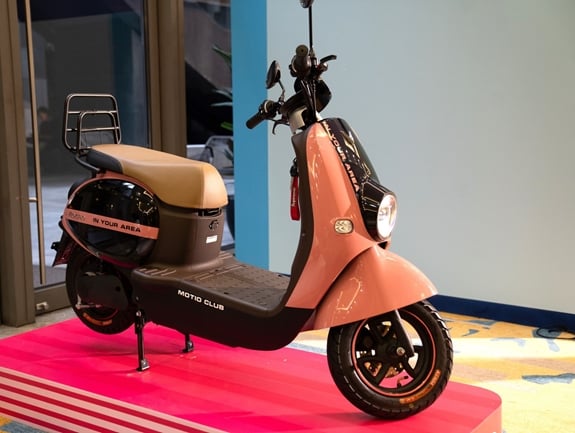













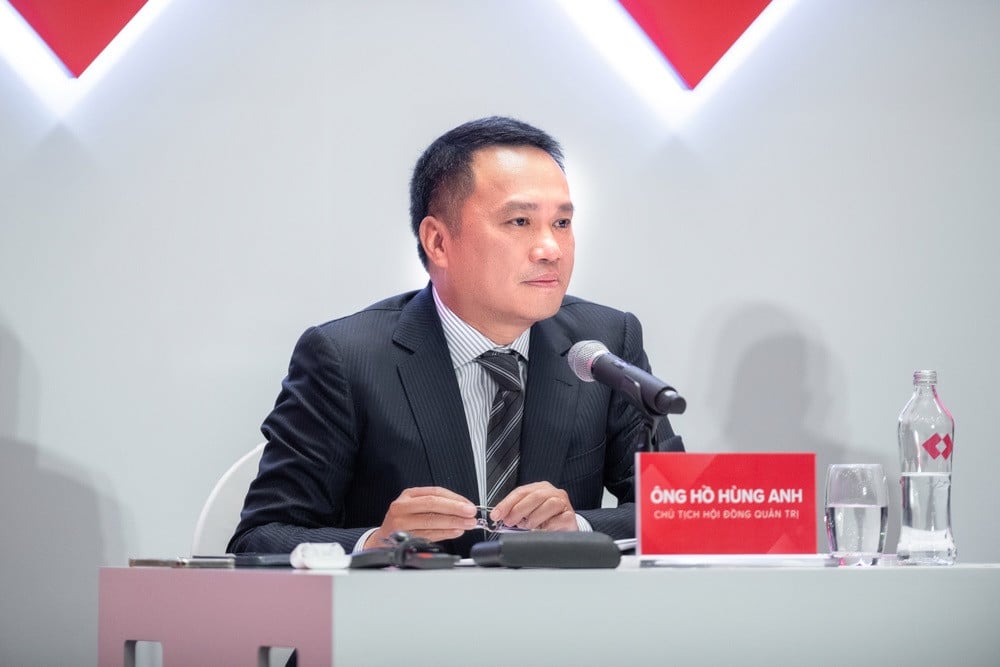
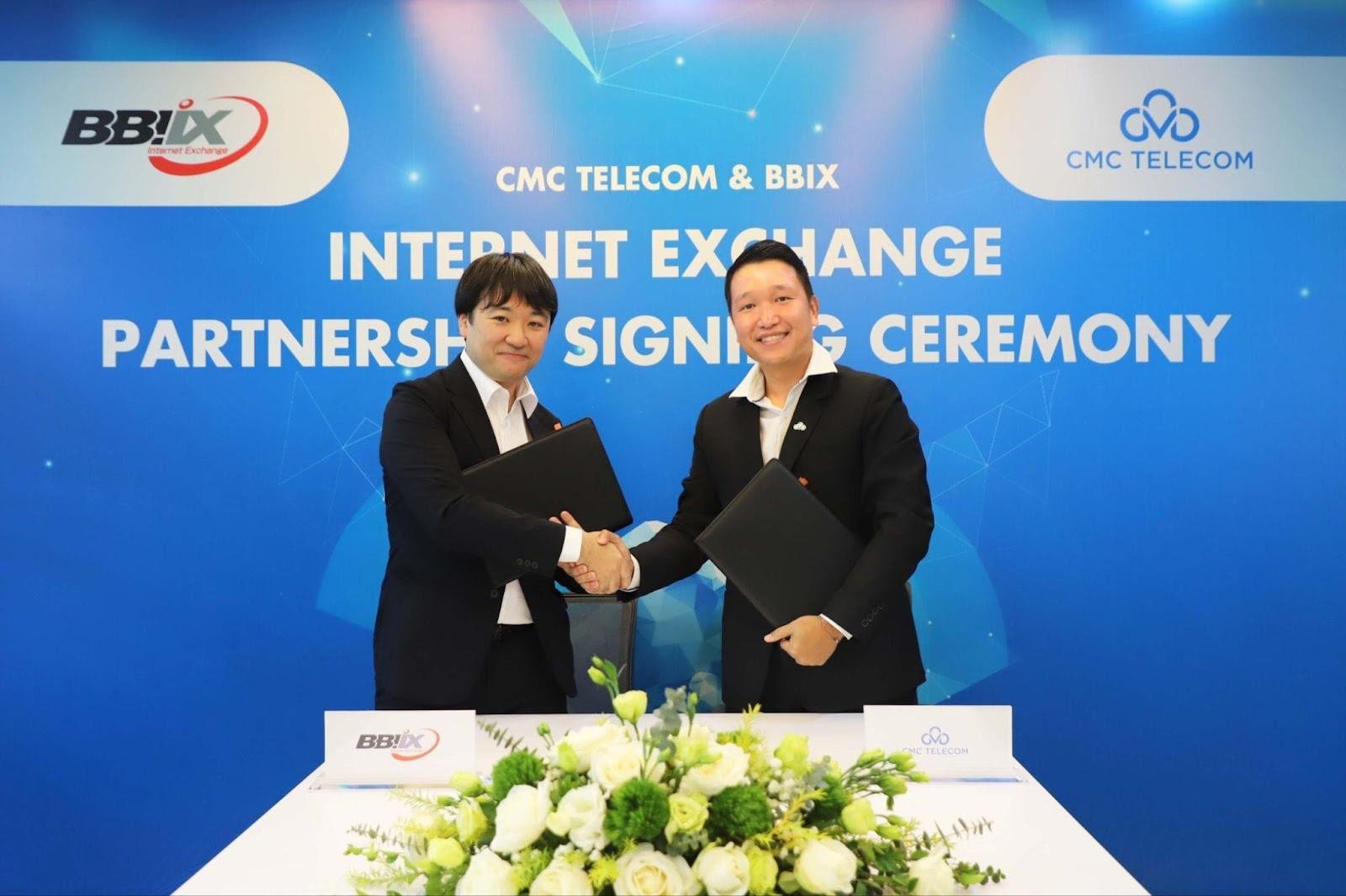
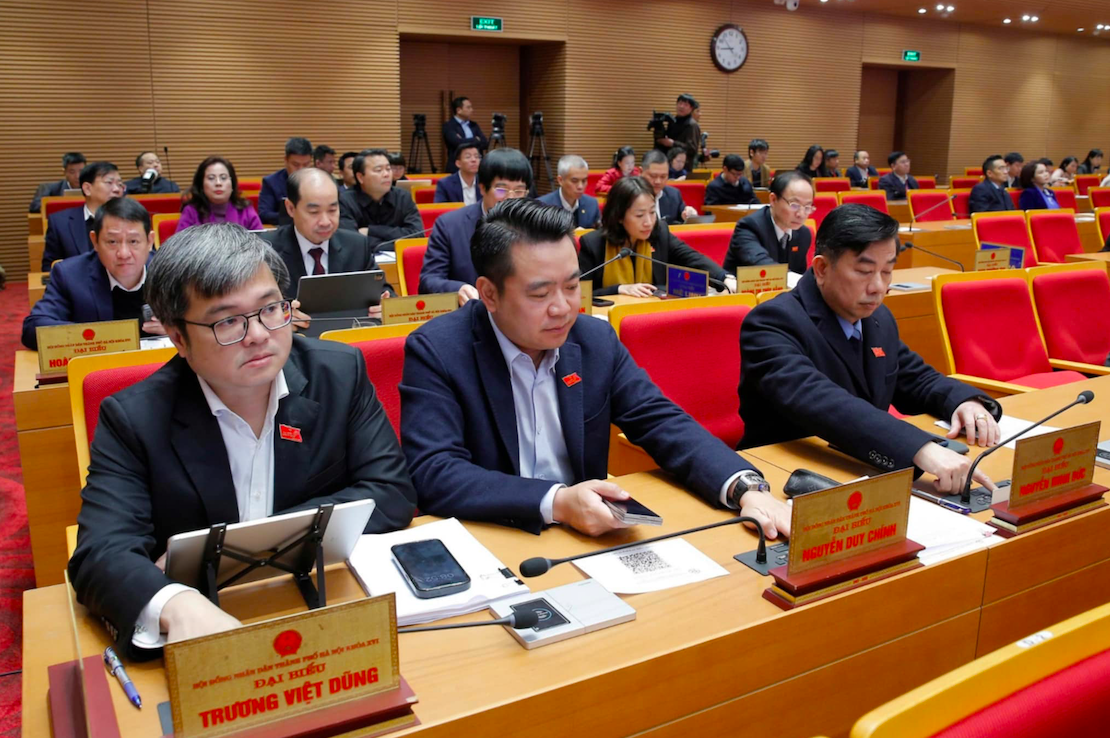
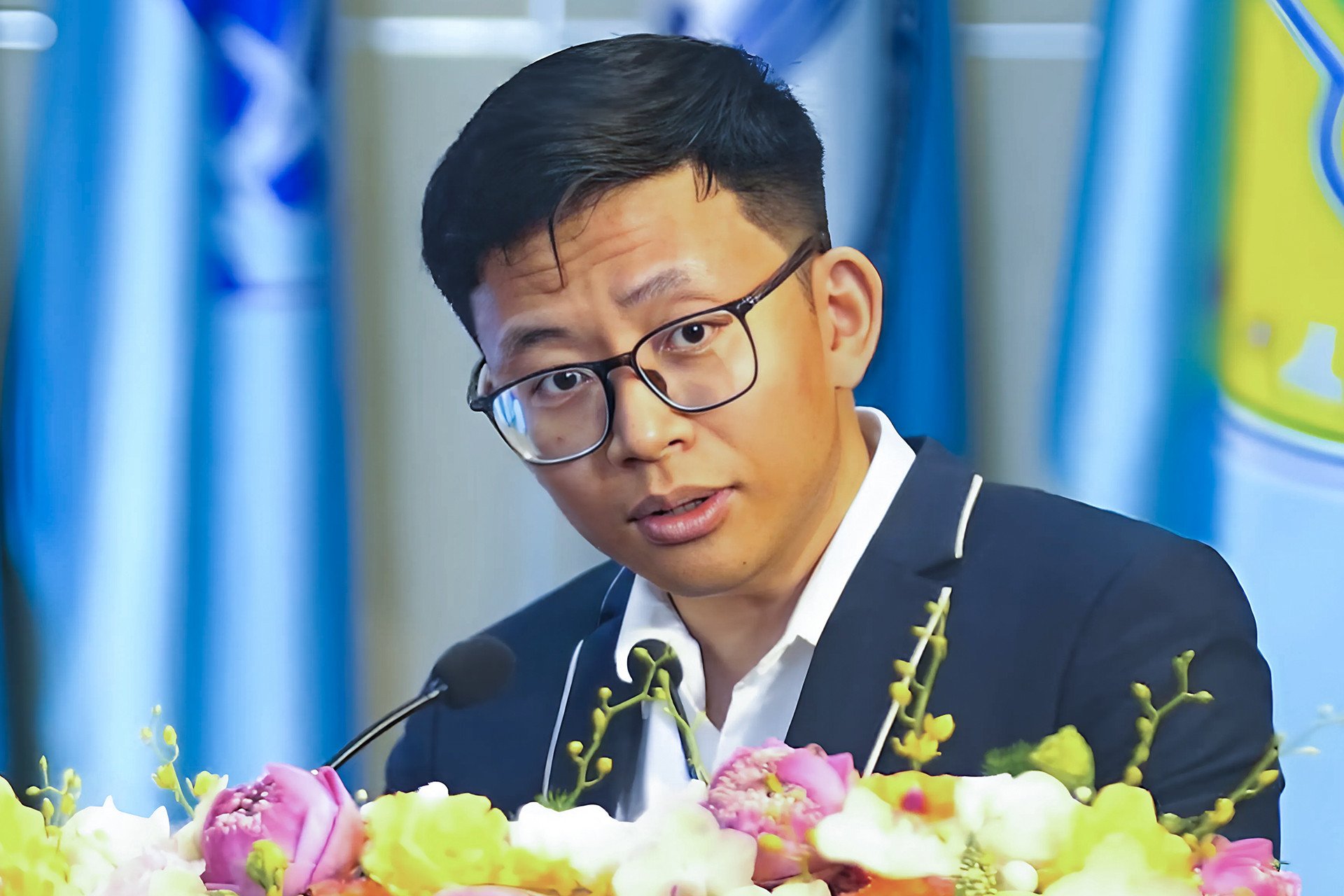

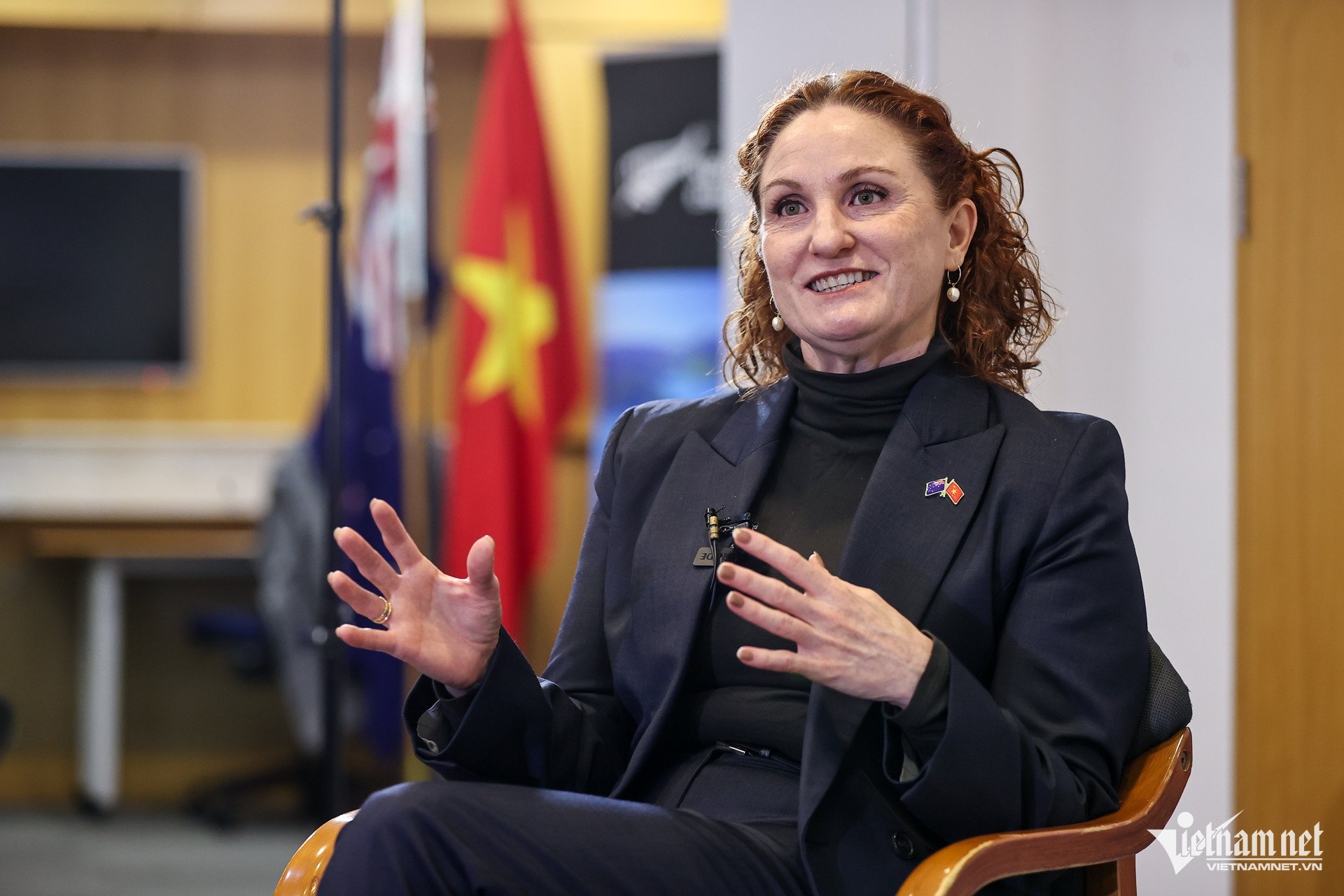







![[Photo] Prime Minister Pham Minh Chinh chairs Government Conference with localities on economic growth](https://vstatic.vietnam.vn/vietnam/resource/IMAGE/2025/2/21/f34583484f2643a2a2b72168a0d64baa)
















































Comment (0)